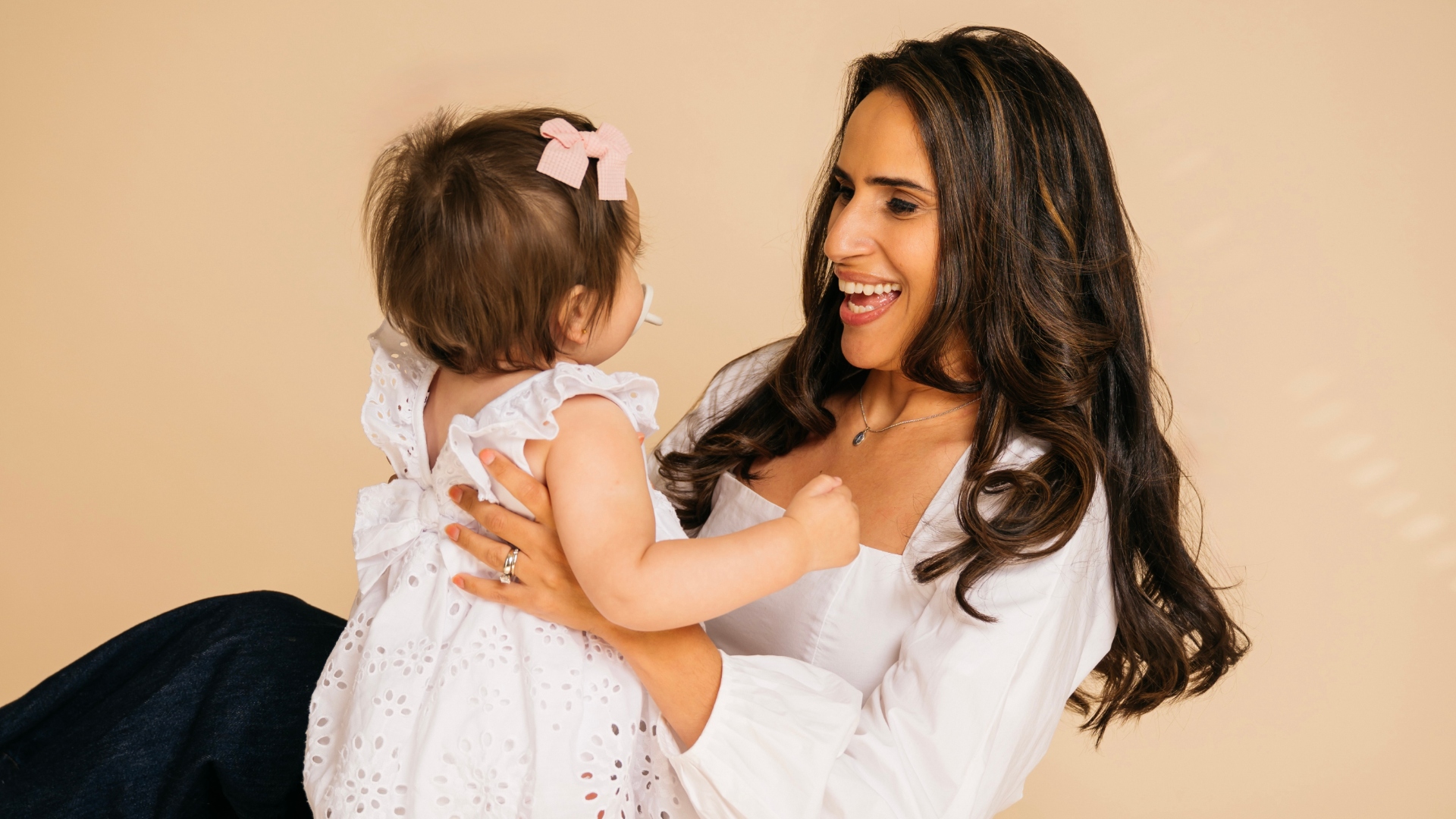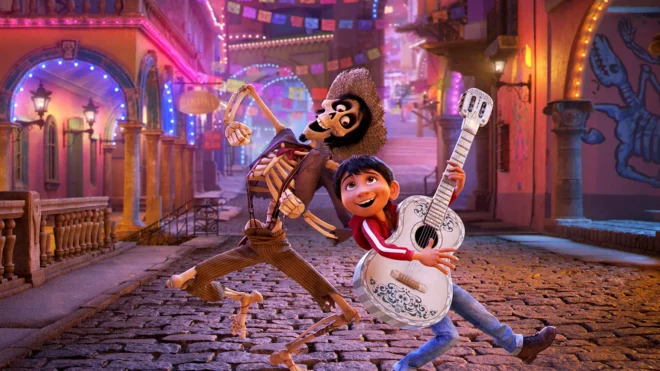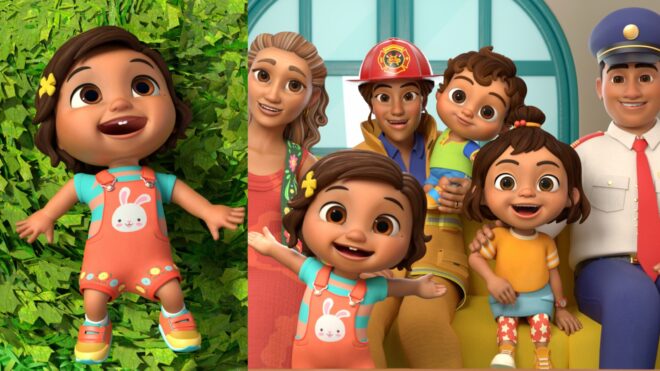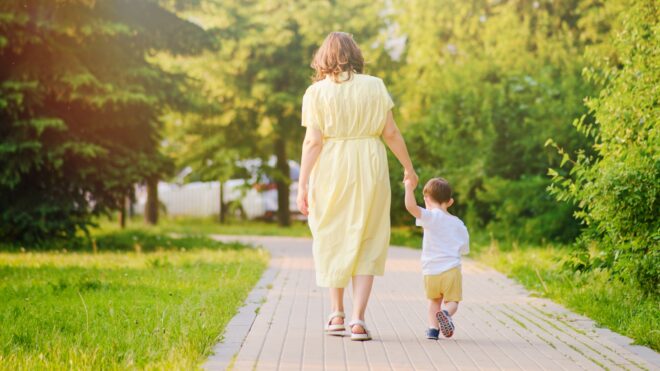
When I became a first-time mom at 41, I quickly realized something: Very few women were talking about this chapter of motherhood, especially not in the Latino community and even less in Spanish, prompting me to share my own experiences. After more than a decade of marriage and years of living with endometriosis, I had learned to balance hope with realism. There were treatments, quiet tears, and long acupuncture sessions that became my therapy.
When my daughter was born last year, the joy was overwhelming, and so was the awareness that stories like mine weren’t often visible in Latino culture.
Looking back, I remember one visit in particular that stayed with me. During my third prenatal appointment, I asked my OB-GYN if I should see a perinatologist because of my age. She smiled and said, “Mercedes, we’re in New York City. Most of my patients are 40 and older.” That simple reassurance meant everything.
She’s the same doctor I saw five years earlier, during my first natural pregnancy, which ended early in the first trimester in what’s called a “missed miscarriage.” It happened right before the holidays, and it was a painful experience. This time, I approached each appointment with calm and cautious optimism. I prayed, stayed present, and focused on gratitude.
I chose to keep my pregnancy private, both in real life and on social media. Only close family knew. I wanted to enjoy the journey quietly, one day at a time. I didn’t announce I was expecting until after my baby arrived.
When I told older Spanish-speaking señoras that I’d had my baby at 41, their reactions were almost always the same: surprise, disbelief, and curiosity. “¿A esa edad?” they’d ask, half-shocked, half-amazed. It wasn’t meant to be unkind — it came from cultural norms. But it reminded me how unseen women like me can feel. In the American community, motherhood after 40 is becoming more common, even celebrated. In ours, it’s still something people whisper about.
That realization inspired me to create Soy Nueva Mamá, a Spanish-language platform for first-time moms navigating motherhood, language, and identity later in life. It’s a space to share honest stories about health, resilience, family, lifestyle, and everyday inspiration, drawing from my background in media, where I began writing about beauty and fashion nearly 20 years ago. Writing creatively in Spanish will be new for me — I’ve done it professionally but not in blog format. I’m hoping this will also help me reconnect with my roots while teaching my daughter our culture.
She already understands a few words, loves our rice and beans (as cliché as it sounds), and dances every time she hears Juan Luis Guerra. Seeing her tiny hips sway to a bachata rhythm fills me with joy and pride.
Being a mom in my 40s isn’t always easy, but it’s deeply rewarding. I have more patience, self-awareness, and perspective than I did in my 20s. Instead of rushing through milestones, I’m appreciating every moment, even the messy ones. Confidence, I’ve learned, has no age.
And while becoming a mom at 41 might not be common in every culture, I hope that sharing stories like mine helps shift that perspective. Motherhood should never be defined by when it happens, but by the love, strength, and culture we bring into it.
To see more of Mercedes’ motherhood journey, follow her on Instagram at @mercedessannchez and @soynuevamamaa and on Facebook at Be Chic Mag.







